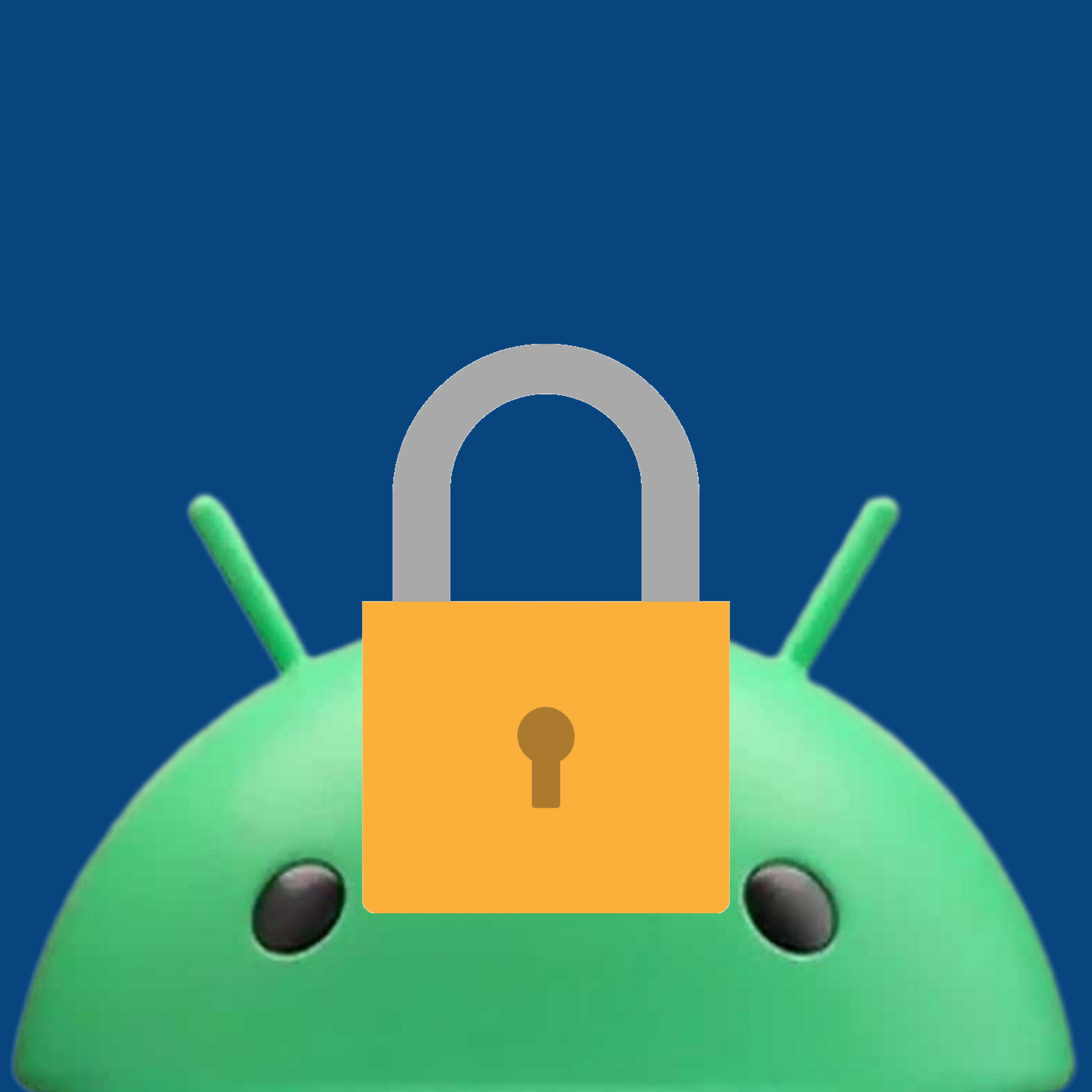





Nothing they’re are just too different app stores. F-Droid has more of a focus on FOSS apps and the play store has more of a focus on making money
It’s a little more complex than that…
Because F-Droid holds itself to the standard that the apps it reposits be open source, they ensure trackers and any malicious code are removed from the source of every submitted app before making it public on the official F-Droid repository.
Because of this, each public app in their repository is signed by F-Droid.
Rather than run the risk of having their app denied by F-Droid, some developers choose to create third party repositories that can be manually added to the F-Droid app; this adds to the total amount of packages available for download on the F-Droid app. In these cases, updates would come directly from the developers, and any applications found in third party repositories wouldn’t be signed by F-Droid.
I’m unaware of how Google manages its repository (The Play Store), but I do know that a majority of the free apps rely on ads to support the developers. I also know that there is a heavy implementation of Google Analytics/Play Services that collect a scary amount of data (a lot of times, unnecessary data) to help with targeted ads and other marketing.
For the Play store, the developer provides a compiled version of the program.
For F-droid, the source code must be available online, and F-droid compiles the program, not the developer. This way you can be sure the source code is the actual code used.
Usually the two versions are the same, but sometimes the f-droid version is the play store paid version, but for free.